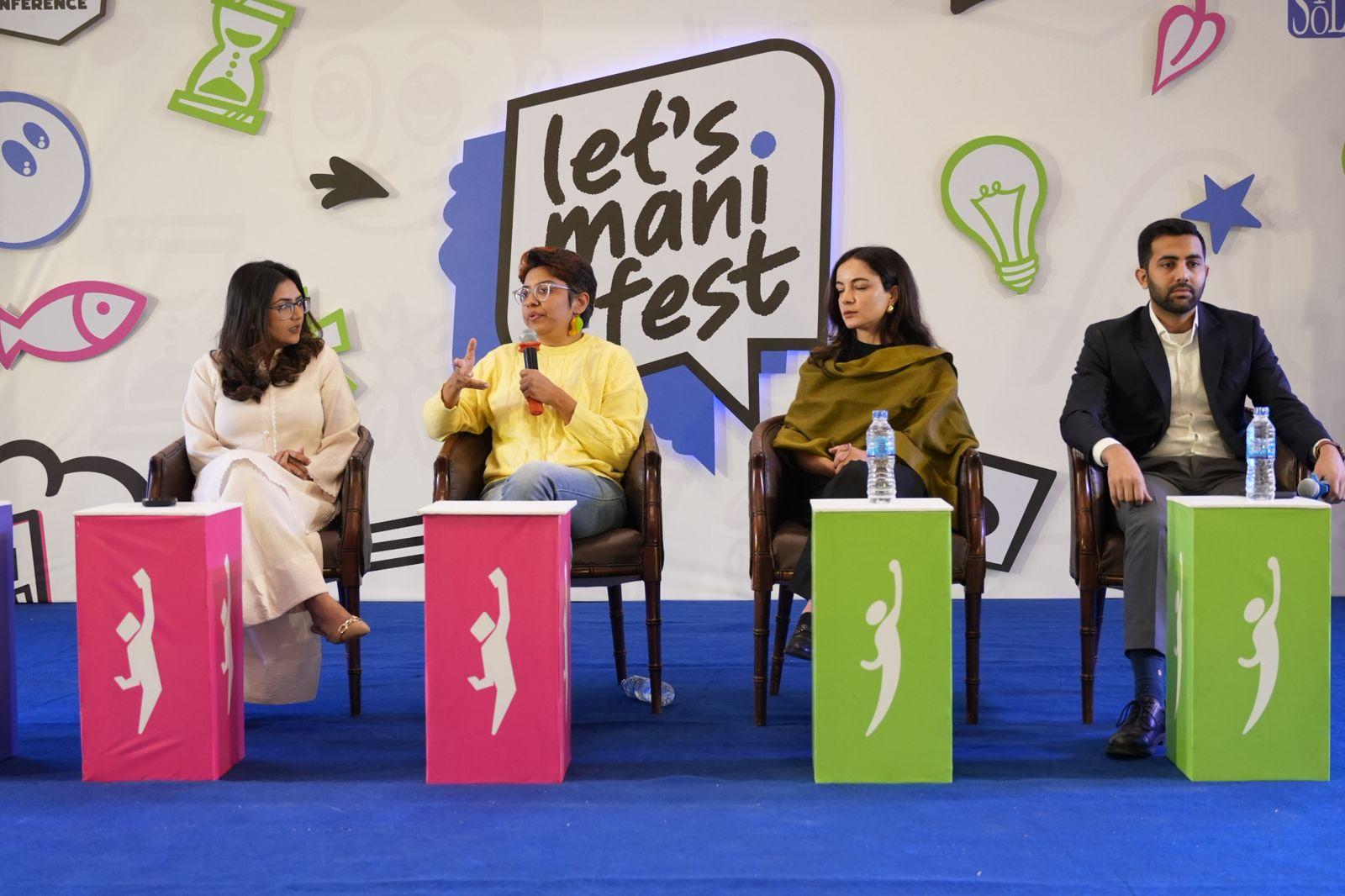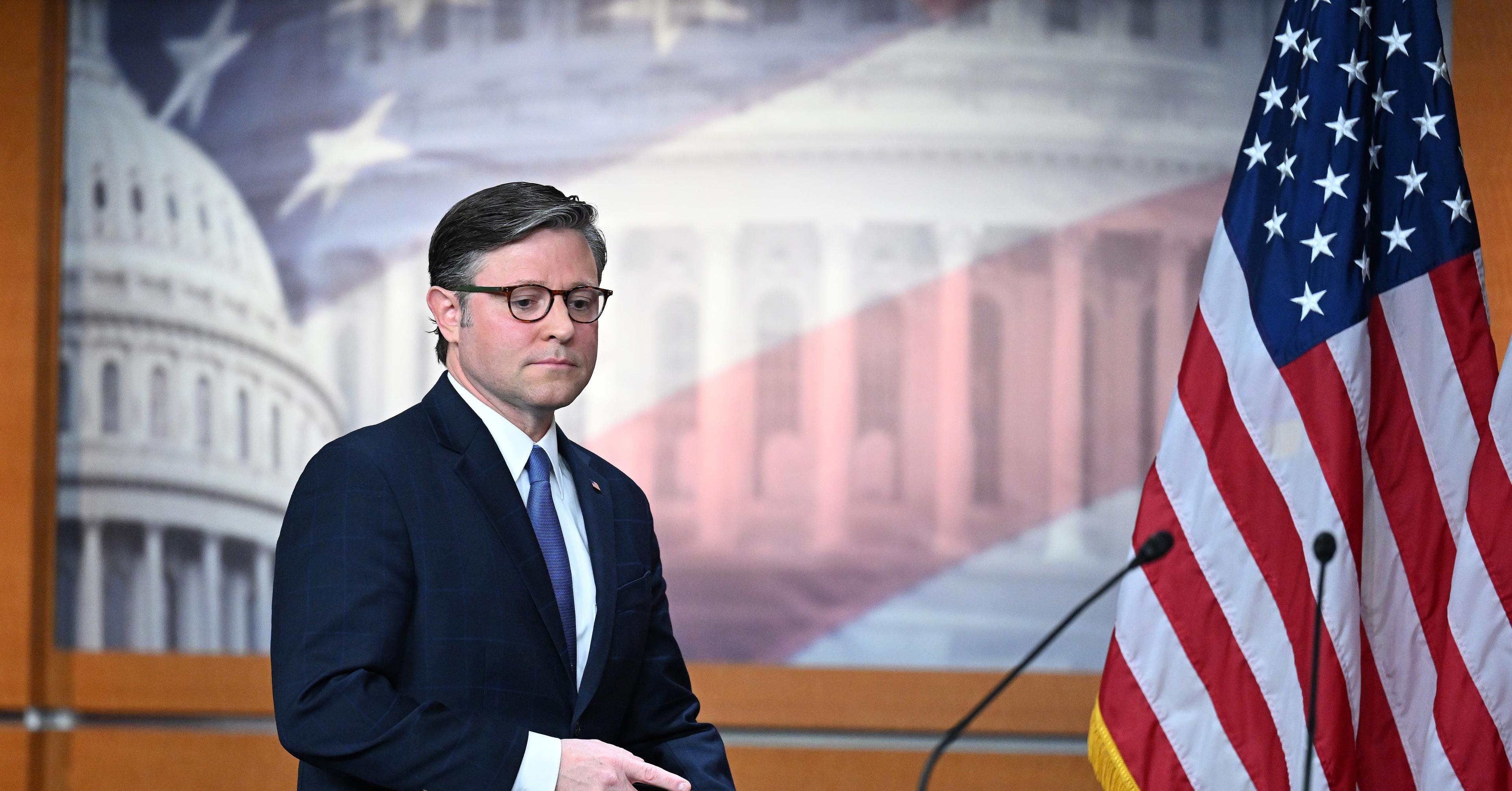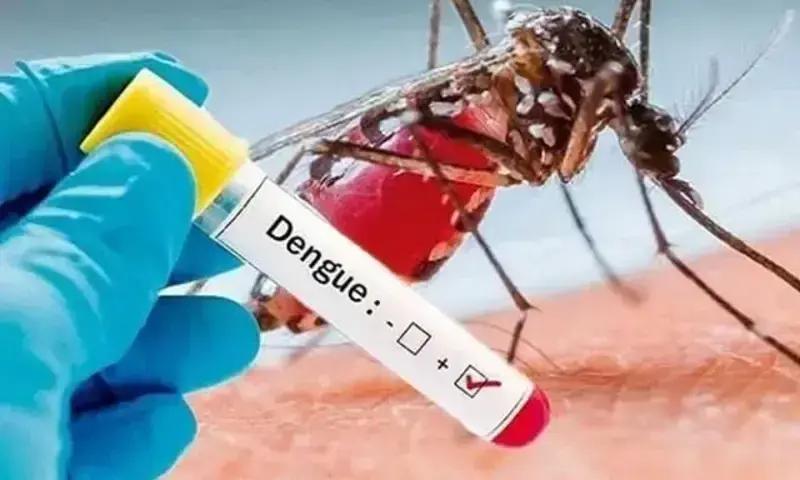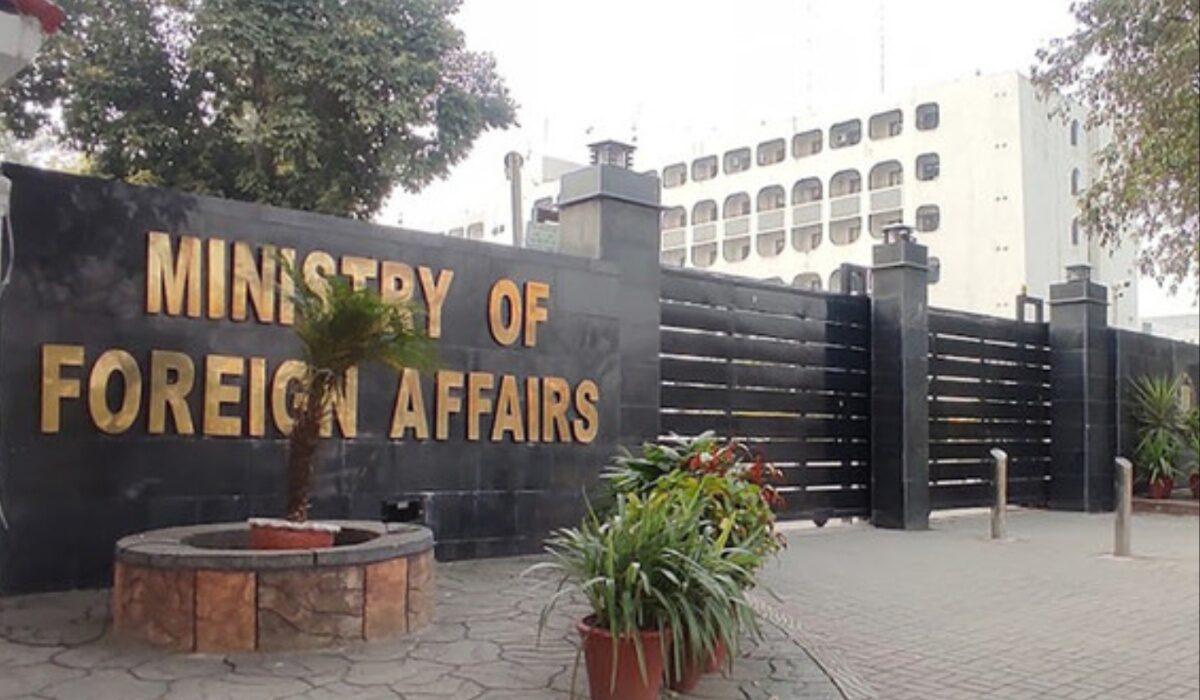Global health body revises down its budget after US withdrawal exacerbated a funding crisis


GENEVA (Reuters): Global health funding faces historic challenges as donor countries reduce their contributions, the director of the World Health Organization said on Thursday.
U.S. President Donald Trump’s administration withdrew from the WHO upon taking office in January, saying the U.N. agency had mishandled the COVID pandemic and other international health crises. The United States has been by far the WHO’s biggest financial backer, contributing around 18% of its overall funding.
“We are living through the greatest disruption to global health financing in memory,” Director General Tedros Adhanom Ghebreyesus told reporters at WHO headquarters in Geneva.
The WHO revised down its budget after the U.S. withdrawal exacerbated a funding crisis caused by member states reducing their development spending.
When asked by Reuters if there could be further revisions to the budget, the director general said it was not off the table, as his teams continue to assess the situation.
Faced with an income gap of nearly $600 million this year, the WHO has proposed slashing its budget for 2026-27 by 21% from $5.3 billion to $4.2 billion, and reducing staff numbers, according to an internal memo seen by Reuters in March.
“It is of course very painful,” the director said, warning that the cuts would have a significant impact on the health of people around the world.
The WHO says it is looking at making savings at the regional, headquarters and country level.
It will reduce jobs at its headquarters in Geneva, Switzerland, as well as closing some country offices in higher and upper-income countries, said Tedros.
A quarter of the WHO’s salary costs are not met for the next two years, said WHO’s Assistant Director-General of Business Operations, Raul Thomas. He said it is not yet possible to say how many staff will be cut as it will depend on the grade and location of people identified in its cost-saving measures.
Tedros also said the WHO wants to move towards broadening its donor base, acknowledging it faced a structural problem whereby it is over-reliant on voluntary contributions - which account for 80% of the WHO’s total budget - coming from a few donors.
Tedros told Reuters that he has not had direct contact with U.S. President Donald Trump, but is in touch with his administration and is providing information and answering their questions.
Tagic Army Public School (APS) Peshawar incident completes 11 painful years
- 25 minutes ago

Young Leaders Conference 2025 highlights social stewardship on day two
- 2 hours ago

Gold prices dip per tola in Pakistan, global markets
- 5 hours ago
Former Punjab CM Manzoor Wattoo passes away at 86
- 5 hours ago
Pakistan qualify for semi-final of under 19 Asia Cup cricket
- 2 hours ago

Assailants kill cop, brother in gun attack in KP’s Lakki Marwat
- 2 hours ago
Sabalenka named WTA Player of the Year for second straight season
- 5 hours ago

Why Republicans in Congress are turning against Trump
- 16 hours ago
AI boom seen lifting chipmaking equipment sales 9pc to $126bn in 2026
- 2 hours ago

Zillow’s short-sighted move to overlook climate risk
- 7 hours ago
Bondi gunman’s Indian family had no knowledge of his radicalisation, Indian police say
- 5 hours ago
Bollywood studio Bhansali Productions to sell future film music to Saregama India
- 5 hours ago






